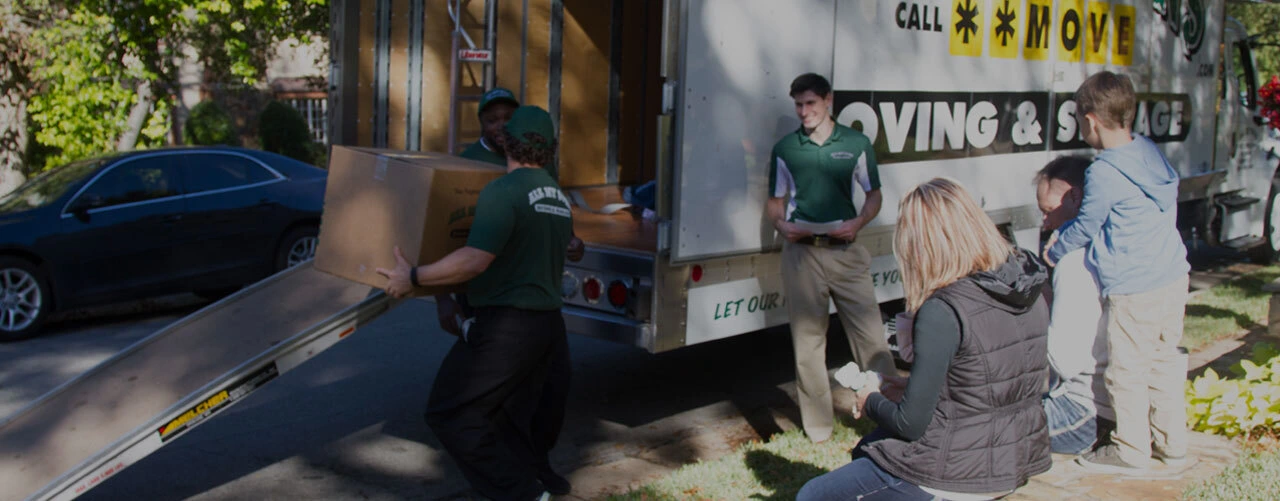Tips to Avoid Freezing Pipes
Congratulations on the purchase of your new Corpus Christi home! Now, there are a few precautionary steps you need to take to make sure you avoid some major woes down the road. As we are in the middle of winter, one of the biggest problems that can result in major and expensive repairs is if your pipes freeze. Here, we have a few pointers on how you can keep that from happening.
So why do pipes burst? Following a complete ice blockage in a pipe, continued freezing and expansion inside the pipe causes water pressure to increase downstream -- between the ice blockage and a closed faucet at the end. It's this increase in water pressure that leads to pipe failure. Usually the pipe bursts where little or no ice has formed. Upstream from the ice blockage the water can always retreat back towards its source, so there is no pressure build-up to cause a break. Water has to freeze for ice blockages to occur. Pipes that are adequately protected along their entire length by placement within the building's insulation, insulation on the pipe itself, or heating, are safe.
First of all, ensure that any and all exposed pipes are insulated. Pipes that run through the walls and connect to other pipes might not have adequate insulation. Pipes in the basement touching outside walls or that are partially located outside and exposed are another thing you need to protect. Insulation is inexpensive and will be beneficial for the long haul. Pipes in attics, crawl spaces and outside walls are all vulnerable to freezing, especially if there are cracks or openings that allow cold, outside air to flow across the pipes.
If you have a hose hooked up in the backyard, disconnect it. There is a shut-off valve that you can turn on and let the sitting water drain from the pipes.
Make sure the taps are on—if there is pressure in the pipes and the water isn't moving, the chance for freezing is high. If you open up the faucet a little bit, the movement of water through the pipes will keep them from freezing, or at least from freezing as quickly. Water freezes when heat in the water is transferred to subfreezing air. The best way to keep water in pipes from freezing is to slow or stop this transfer of heat.
Drain the water heater to avoid damage during an outage. If you are headed out of town, this is an important step to do before leaving in case freezing cold temperatures come through while you are away.
Water pipes in houses in southern climates often are more vulnerable to winter cold spells. The pipes are more likely to be located in unprotected areas outside of the building insulation, and homeowners tend to be less aware of freezing problems, which may occur only once or twice a season. Because of this, it is important that you prepare your Corpus Christi home appropriately before cold spells and trips out of town.

